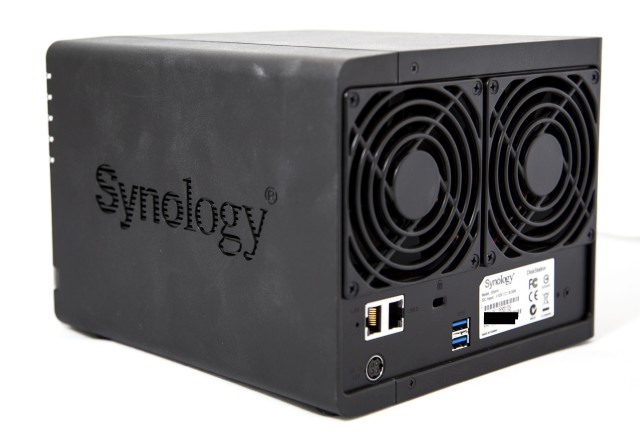According to security experts, the utilization of ransomware by cybercriminals is rapidly rising. This is reportedly due to the openness of source codes, as well as the large money criminals get.
Cryptolocker, Cryptowall RSS
The developers behind the TeslaCrypt ransomware have terminated the project and have also released a master decryption key; victims of the ransomware can now decrypt their files for free.
The massive “malvertising” campaign is targeting users on popular sites including the BBC, MSN, AOL, The New York Times, and nfl.com. Vulnerabilities in Flash and Silverlight are being exploited.
The latest version of the CryptoWall ransomware now deletes all restore points on an infected system and introduces new changes to intimidate users and to avoid detection by anti-malware software.
New information surfacing at the Cyber Security Summit 2015 suggests that the FBI is totally useless when it comes to ransomware. Their advice to ransomware victims is quite surprising.
A dormant ransomware similar to Cryptolocker has recently been activated. Dubbed "Locker," the program encrypts computer files, and asks the victim for 0.1 bitcoin in exchange for the decryption key.
A new version of the famous ransomware Cryptolocker named TeslaCrypt has been released, and is out to target gamers. It holds game files hostage unless a payment in bitcoins is made.
The CryptoLocker ransomware has been cracked by the researchers at Fox-IT and FireEye, and a free decryption tool to decrypt the locked files has been made available to the public.
A variant of the Cryptolocker malware that encrypts all of your files and demands bitcoins to unencrypt them has been found in the wild, attacking Synology NAS devices running DSM version 4.3.
A new form of ransomware threatens to scam users into sending Bitcoin payments to cyber criminals. Once activated, the malicious file threatens to encrypt the user's files unless a ransom is paid.
























